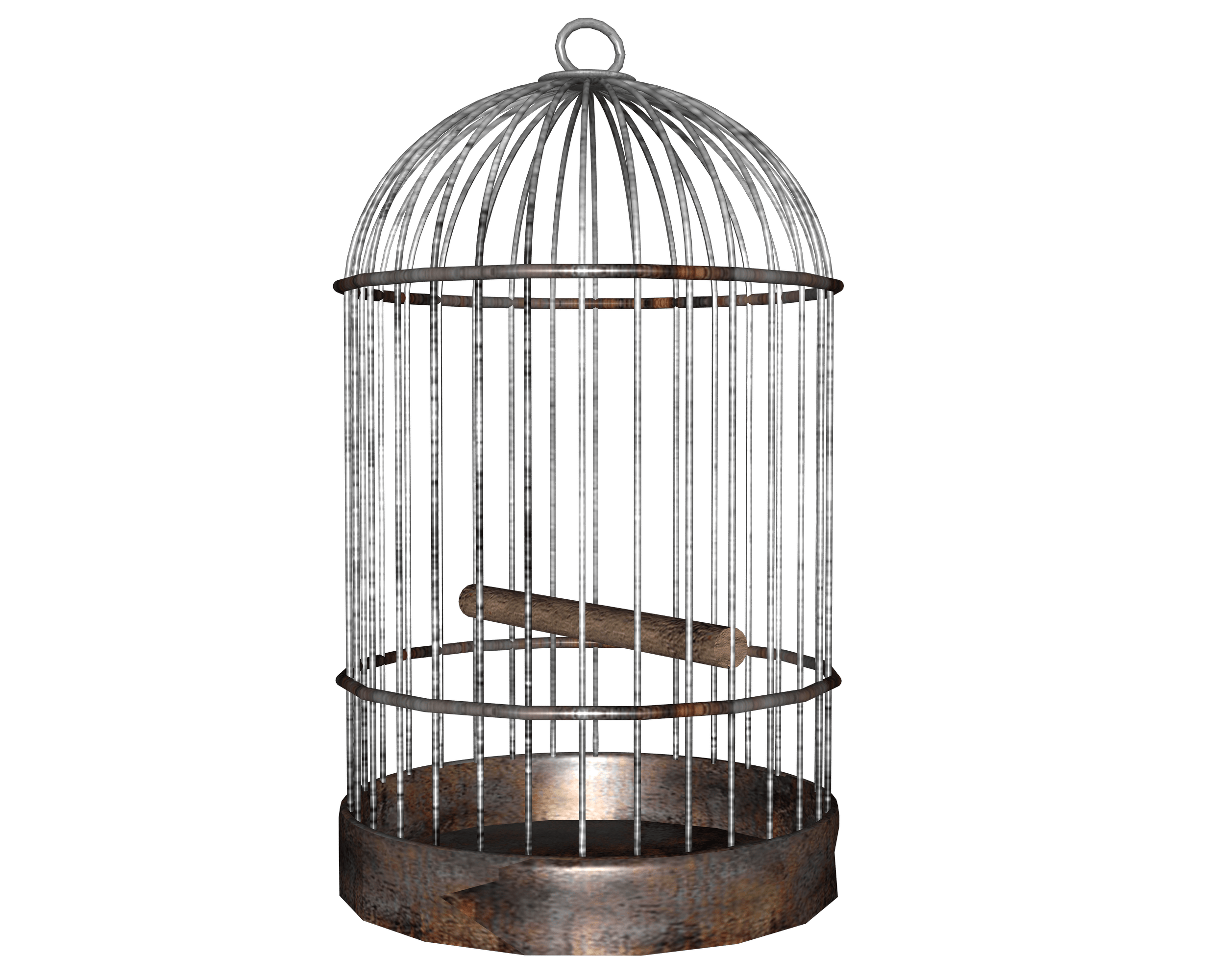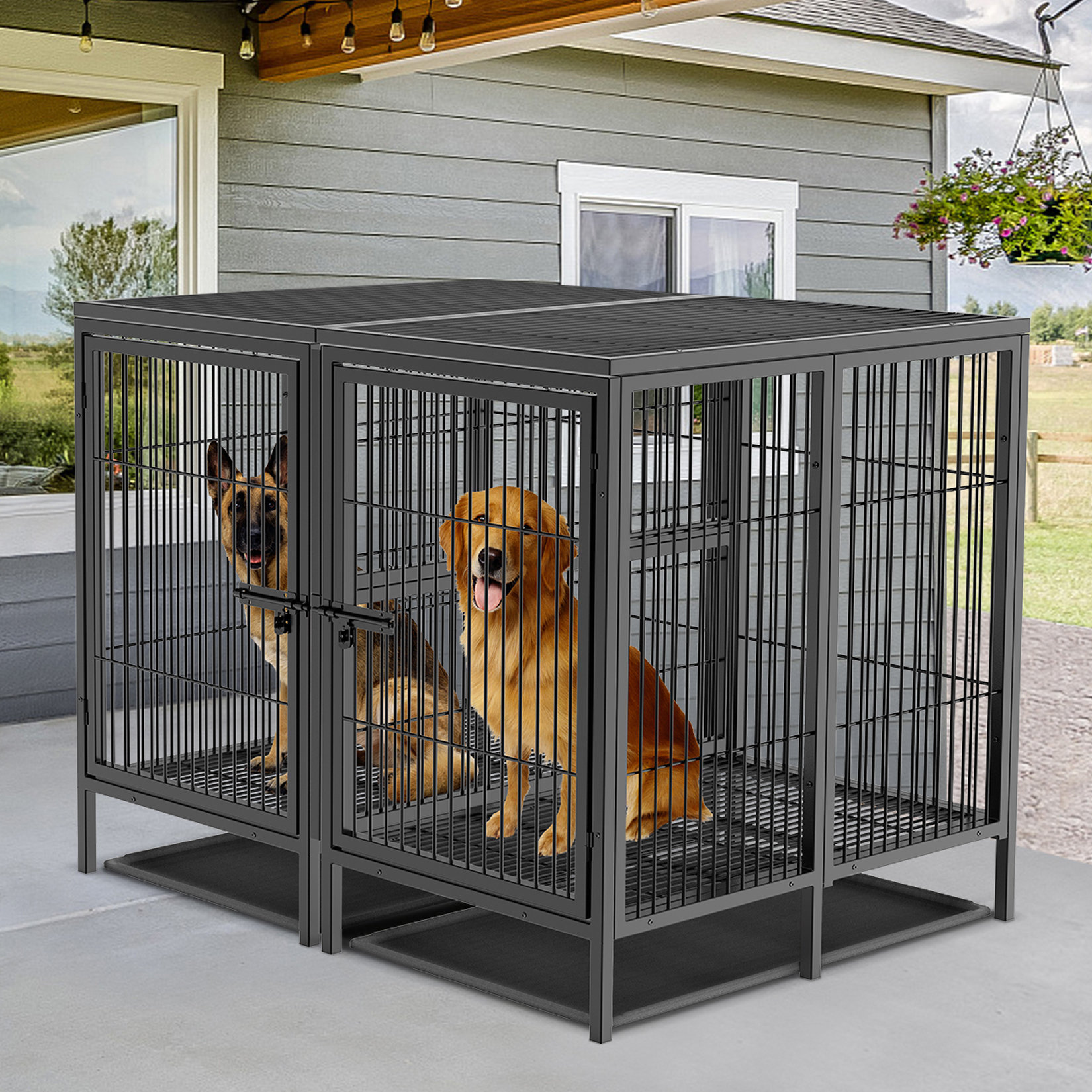Ever felt confined, trapped, or limited by circumstances beyond your control? The concept of a "cage," whether literal or metaphorical, resonates deeply with the human experience, representing restriction, protection, and the complex interplay between freedom and captivity. From the delicate artistry of bird cages to the stark reality of societal constraints, the image of the cage provokes a visceral response, prompting us to examine the boundaries that define our lives.
The "cage" as a symbol extends far beyond its physical form. It can represent the psychological barriers we erect ourselves, the societal expectations that bind us, or the emotional prisons we inhabit. Understanding the multifaceted nature of the cage is crucial to understanding our own desires for liberation, safety, and the constant negotiation between these opposing forces. The allure and the aversion associated with cages drive artistic expression, fuel ethical debates, and shape our perceptions of freedom and control.
| Aspect | Description |
|---|---|
| Literal Cages | Physical enclosures designed to contain animals, objects, or even people. Examples include bird cages, animal enclosures in zoos, and historical examples of imprisonment. |
| Metaphorical Cages | Representations of restriction, limitation, or confinement that are not physical. These can include societal norms, personal beliefs, or emotional states. |
| Bird Cages | A specific type of cage designed to house birds, often featuring intricate designs and serving both functional and aesthetic purposes. The ethical considerations surrounding keeping birds in cages are a frequent topic of discussion. |
| Chastity Cages | A type of restraint device used for sexual purposes, raising questions about consent, power dynamics, and the nature of freedom within relationships. |
| Cage the Elephant | An American rock band whose music often explores themes of emotional turmoil, societal critique, and the search for meaning. Their name itself invokes the imagery of confinement and the desire for release. |
| Nicolas Cage | A prominent actor whose diverse roles and unconventional acting style have made him a cultural icon. His name, coincidentally, connects to the overarching theme of "cage," though his career embodies freedom and creative expression. |
| Artistic Interpretations | The "cage" as a motif appears frequently in art, literature, and film, symbolizing various forms of constraint and the struggle for liberation. |
| Ethical Considerations | The use of cages, particularly for animals, raises significant ethical concerns regarding animal welfare, freedom, and the responsibility of humans to provide humane living conditions. |
| Psychological Implications | The feeling of being "caged" can have profound psychological effects, leading to feelings of anxiety, depression, and a loss of autonomy. |
| Social Commentary | The "cage" can serve as a powerful symbol for social injustices, inequalities, and the systems that perpetuate oppression. |
Reference: Example Website (Replace with a relevant website)
- Cedella Booker The Untold Story Of Bob Marleys Mother
- Gamefowl Breeds Exploring Differences Top Bloodlines


